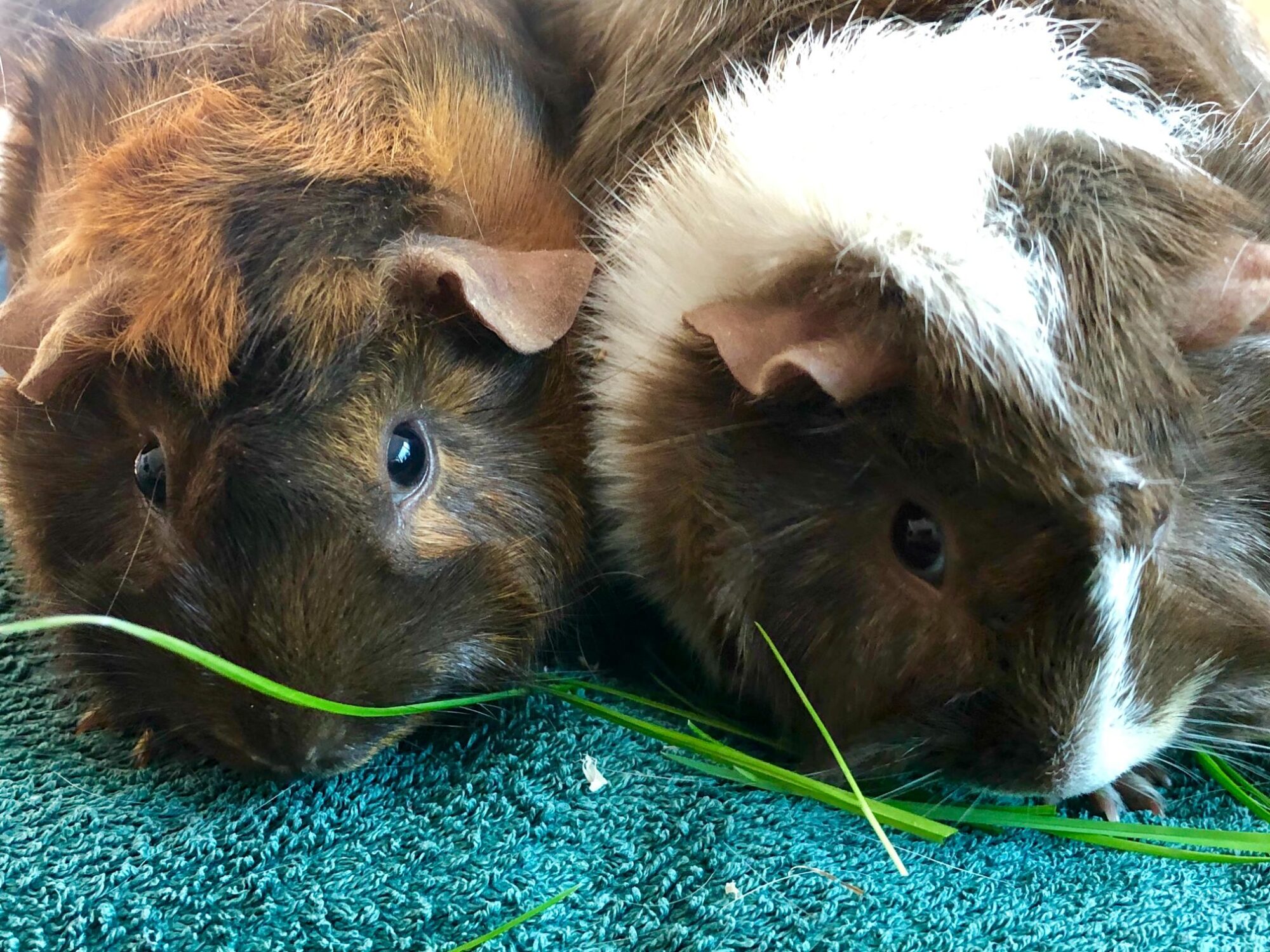Pocket Pets 101: Preventive Care Tips for Hamsters, Guinea Pigs, and More

Hamsters, guinea pigs, and other pocket pets offer a special kind of experience for pet owners. They also require special kinds of care. If you are thinking about bringing a pocket pet into your home, be sure you know what they need to thrive. This guide to pocket pet care will show you how to help your animals thrive.
The Basic Elements
Pocket pets include a range of various small mammals, such as:
- Rats
- Mice
- Gerbils
- Guinea pigs
- Hamsters
- Ferrets
- Chinchillas
- Degus
- Rabbits
- Sugar gliders
- Hedgehogs
While similar in some ways, each of these animals requires their own specific habitat, lifestyle, and nutrition. Knowing the in’s and out’s of the breed you want (or already have) is vitally important to establishing and maintaining their optimal health and wellness.
Getting Down To It
While cute and small, the following basic elements of pocket pet care must be figured out in advance:
- Environmental and space requirements. Some pocket pets will need to burrow, but others like to climb. Consider where their enclosure or habitat will be located in the house. As many pocket pets sleep during the day, they may appreciate a spot away from noisy household activities. Review the size of the enclosure, species-specific bedding, safe housing temperatures, and various habitat accessories and toys.
- Nutrition. Each pocket pet has their own highly-specific nutritional needs that, when met, add to their greater vitality and longevity. Providing chewing components to their enclosure benefits their dental health and adds enrichment to their routine. They also need certain vitamins to maintain a healthy diet.
- Enrichment. After a period of adjustment, pocket pets may show a keen interest in playing or interacting with people. Often, bringing home another pocket pet of the same species (and same gender) can be very beneficial to their social needs and behavior.
Keeping Small Pets Healthy
In addition to all the special care at home, pocket pets benefit from routine wellness exams. Because many illnesses can be linked to housing and nutritional deficiencies, we can help you address any questions about husbandry and elements of basic pocket pet care such as:
- Certain species of pocket pets will need to have their teeth assessed and possibly trimmed or cleaned. Since they don’t have to forage for food in captivity, their teeth grow continuously. Without teeth trims, pockets pets can have problems chewing and eating. Malnutrition and other nutrition-related illnesses can lead to serious health problems.
- Keeping the nails of certain pocket pet species is essential but it’s not always easy to do at home. Regular visits to our office can keep your pocket pet’s nails and feet looking and feeling great.
If we can assist you with any questions or concerns about your pocket pet’s health, our veterinarians and staff at Dupont Veterinary Clinic are always here to help at (260) 637-7676.
